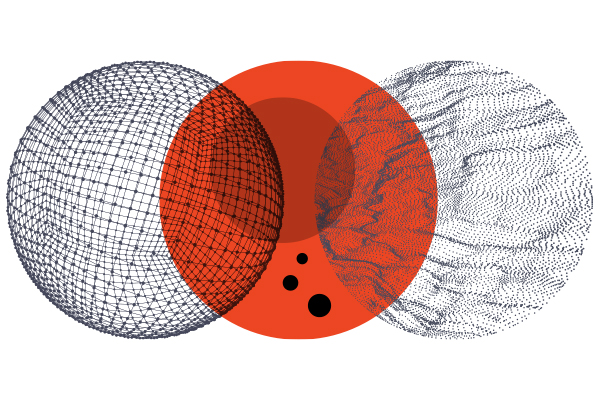
AUTHOR:
Dave Bell
Phygen’s FortiPhy™ XVD Nanoperfection Technology produces a nanocrystalline microstructure that is extremely dense and uniform, for the toughest coatings possible.
Key characteristics include:
- Extreme hardness and toughness (reduced fatigue and other material breakdown)
- High cohesive strength (unmatched adhesion)
- Very low coefficient of friction (improved sliding, rolling, rotation, and release)
- Excellent corrosion and abrasive wear resistance (longer useful life)
- Low processing temperature (reduced dimensional, physical, or finish changes)
- Inert (safer medical implants and prosthetics)
- Approved for food contact (improved versatility in a variety of industries)
The following table details the physical properties of Phygen’s patented FortiPhy™ XVD Nanoperfection technology (CrN):
(FACE CENTERED CUBIC)
| Crystal structure | FCC (FACE CENTERED CUBIC) |
| Microstructure | Non-columnar, equiaxially grained |
| Modulus of elasticity (GPa) | 400 |
| Knoop microhardness @ 200g load, (HK) |
3000 – 3500 |
| Nanoindentation hardness, (GPa) | 30 – 50 |
| Coefficient of friction: | |
| Diesel fuel lubricated | 0.09 – 0.12 |
| Dry nitrogen | 0.18 – 0.22 |
| Surface roughness, Ra (nm) | 11.97 |
| Coating wear rate: Ball-on-disk test, 100N load cell 4mm WC ball, |
|
| Coated sample | 2.55 x 103 um³ |
| Uncoated sample | 147 x 103 um³ |
| Coefficient of thermal expansion (x10-6/K) | 2.3 (20 – 800ºC / 68 -1472°F) 7.5 (850 – 1040ºC / 1562 – 1904°F ) |
| Scratch Test Critical Load, N | 115 – 120 |
